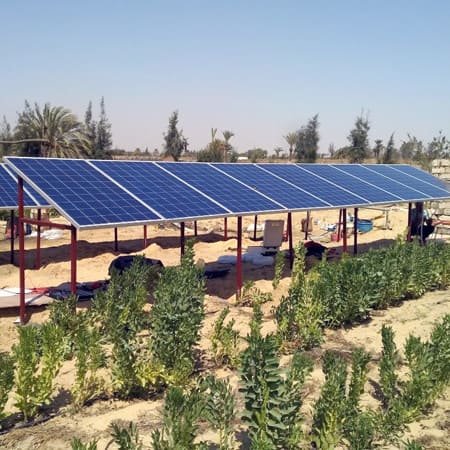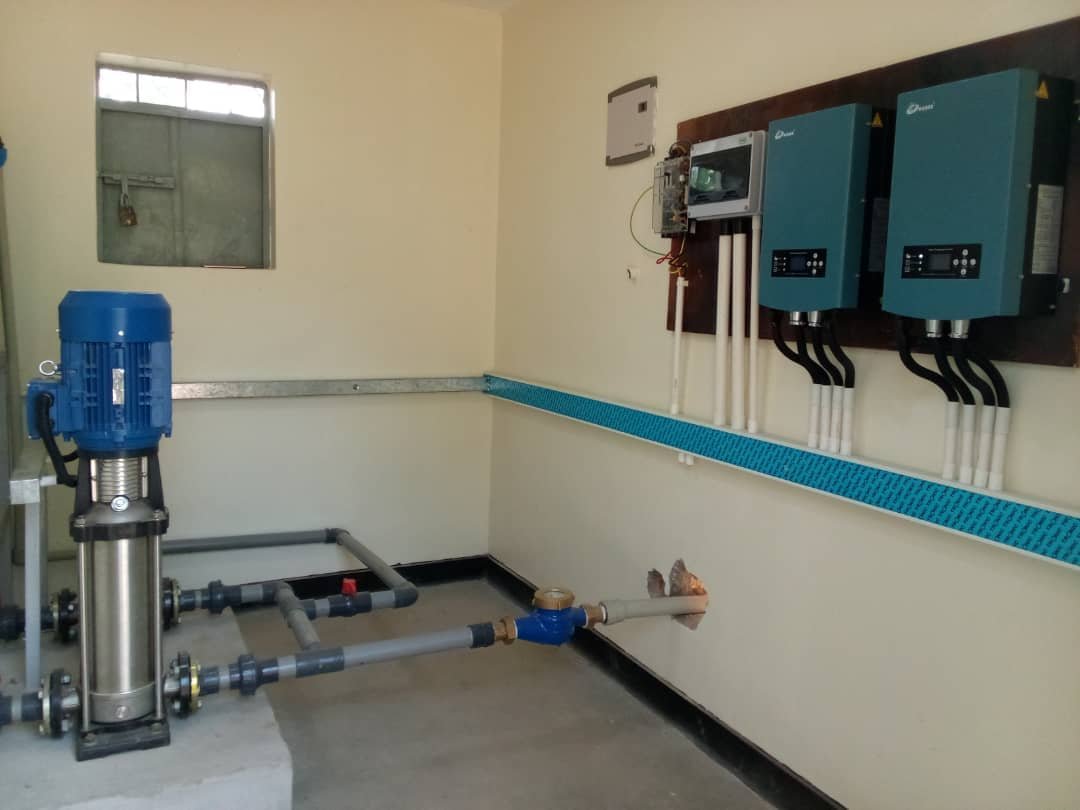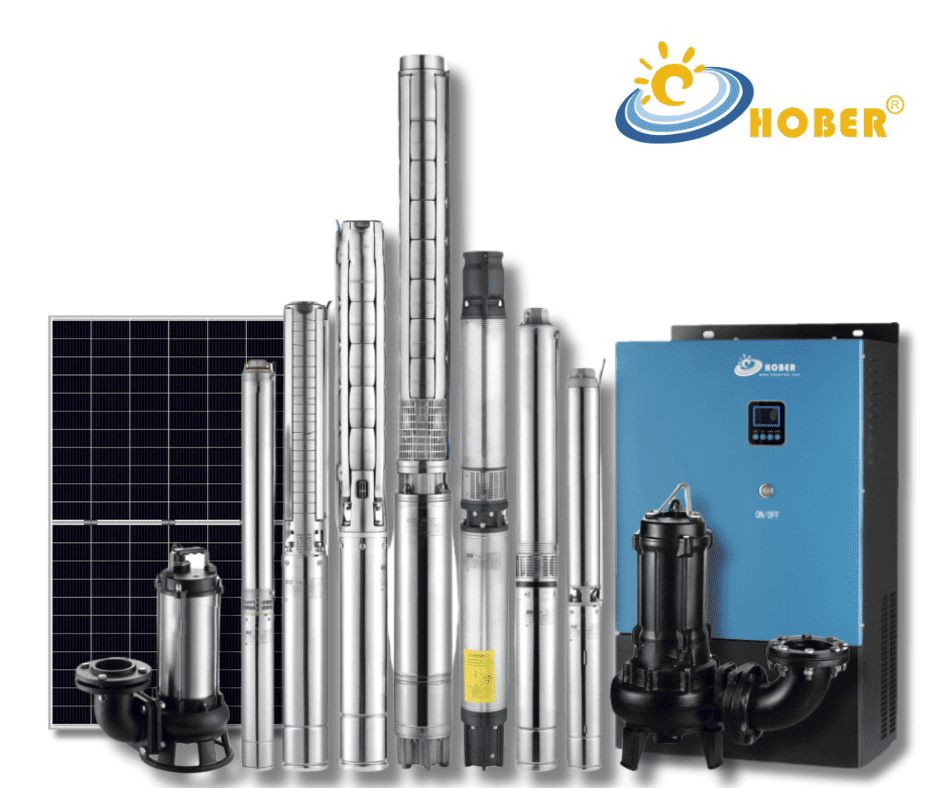Navigating the world of renewable energy can be quite a journey, especially when it comes to harnessing solar power for practical applications. As the CEO of HOBER, I’ve dedicated years to understanding and advancing solar technology, particularly in the field of water pumps. Solar water pumps are a game-changer in water management and agriculture. By leveraging solar energy, these pumps provide an eco-friendly, cost-effective solution for water irrigation, especially in remote areas where traditional power sources are scarce or non-existent.
What Makes Solar Water Pumps Stand Out?
At their core, solar water pumps operate by converting sunlight into electrical energy, which then powers the pump. This process involves solar panels, a controller, and the pump itself. The simplicity and efficiency of this system make it an ideal choice for a variety of applications, from agricultural irrigation to water supply for remote communities.
Now, let’s dive into the specifics of what you need to know before purchasing a solar water pump.
Choosing the Right Type of Pump
- Solar Surface Pump: Best for shallow water sources. These pumps are excellent for small-scale irrigation or providing water for livestock. Solar Surface Pump Details
- Solar Submersible Pump: Designed for deeper water sources like boreholes or wells. They are efficient in extracting water from considerable depths. Learn About Solar Submersible Pumps
The choice between a surface pump and a submersible pump depends on your specific needs and the characteristics of your water source.
Sizing Your Solar Pump Correctly
The efficiency of your solar water pump heavily relies on how well it’s sized. Consider these factors:
- Depth: The depth of your water source directly influences the power requirement.
- Flow: Determine the necessary water flow rate to choose the appropriate pump size.
- Working Time: How long will the pump run each day? This affects the size of the solar panels needed.
- Budget: Plan your investment considering both cost and efficiency. Guide to Pump Sizing
Getting these parameters right ensures that your solar water pump meets your expectations in terms of performance and reliability.
Key Points to Choose a Supplier
Selecting the right supplier is crucial. Here’s what to look for:
- Experience and Reputation: Opt for suppliers with a proven track record and positive client feedback.
- Quality of Products: Ensure the products have necessary certifications and warranties.
- After-Sales Support: Strong after-sales service is vital for long-term maintenance and support.
- R&D and Innovation: A commitment to research and development often means more advanced, efficient products.
- Comprehensive System Design: A supplier capable of providing a complete system design offers added value, ensuring that all components of your solar water pump system are optimized and compatible. System Design Services
Choosing a supplier is more than a transaction; it’s about forming a partnership that aligns with your values and meets your specific needs.
Conclusion
Embarking on the journey of purchasing a solar water pump is a step towards a sustainable future. Armed with the right knowledge and a dependable supplier, you can effectively utilize solar energy for your water pumping needs. Embrace the power of the sun, and let it propel you towards a greener, more efficient tomorrow!




